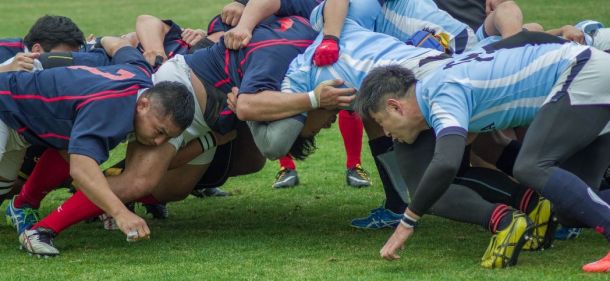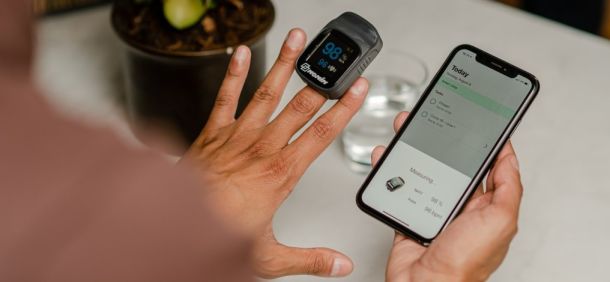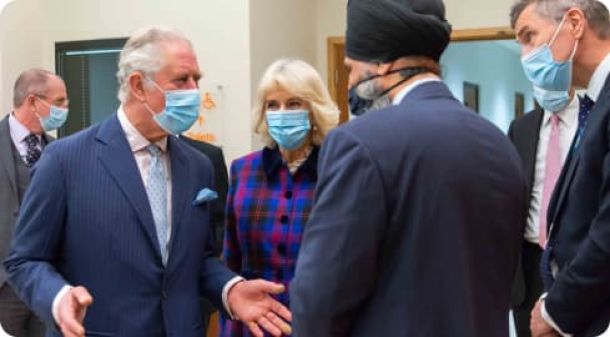
Prestigious career achievement award for Birmingham professor
Melanie Calvert, Professor of Outcomes Methodology at BHP founder member the University of Birmingham, has been awarded the prestigious Health Assessment Lab/Medical Outcomes Trust John Ware and Alvin Tarlov Career Achievement Prize in Patient-Reported Outcomes Measures.
Only the second UK recipient of this award, Professor Calvert is Director of Birmingham Health Partners Centre for Regulatory Science and Innovation and Director of the Centre for Patient Reported Outcomes Research which aims to optimize the use of patient reported outcomes (PROs) in clinical trials and routine care, to improve service delivery, enhance patient care and outcomes and ensure that the patient perspective is at the heart of health research and healthcare decision-making. She is also theme lead for PROs research for many centres and projects based at the ITM, including the Biomedical Research Centre, Surgical Reconstruction and Microbiology Research Centre, and Trauma Management MedTech Cooperative.

Her highly cited work has informed European Society of Cardiology guidelines, NICE and EMA guidance, and she works closely with a wide range of national and international collaborators to maximise the reach, influence and impact of her research. She sits on a number of international committees leading national and international strategy for PROs research and implementation including the PROTEUS Consortium which promotes tools and resources to optimise the use of PROs in clinical trials to ensure that patients, clinicians, and other decision-makers can make the best decisions about treatment options.
Professor Calvert said: “It is a privilege to receive the prestigious Health Assessment Lab/Medical Outcomes Trust John Ware and Alvin Tarlov Career Achievement Prize which not only recognises my contribution to the field but also that of my amazing team and international collaborators, including our wonderful patient partners. I am passionate about collecting and reporting high quality PRO data that can meaningfully inform patient choices about treatments, regulatory decision making, clinical guidelines and health policy.”







